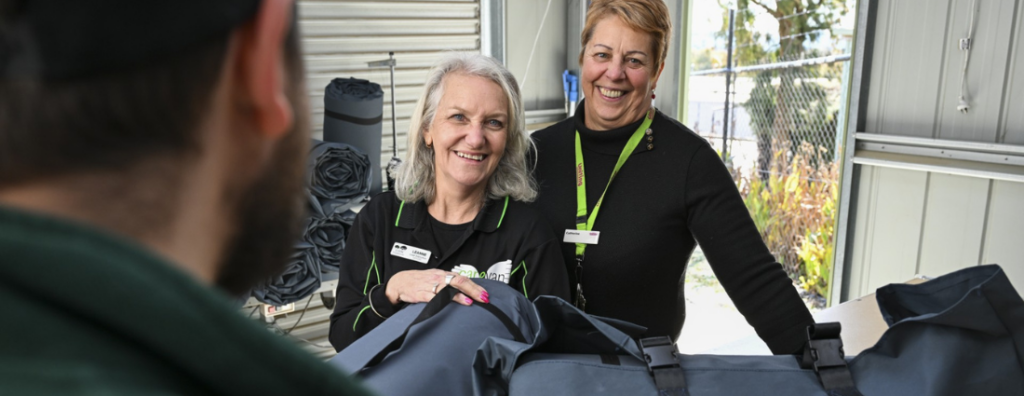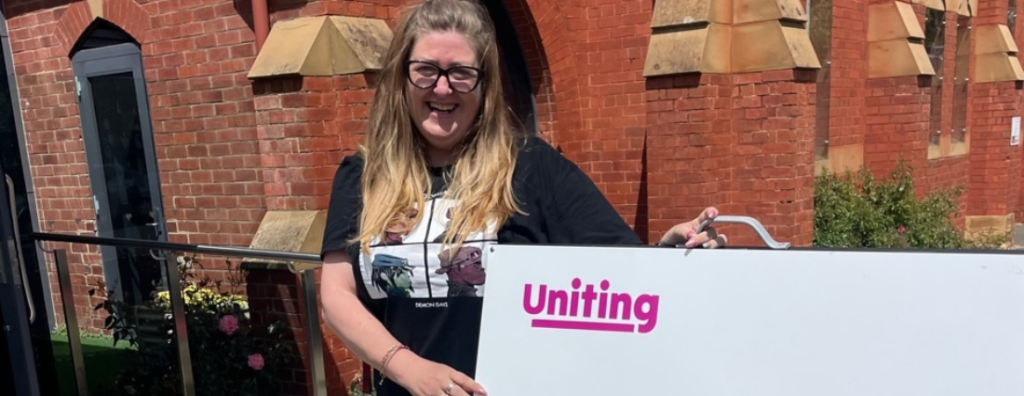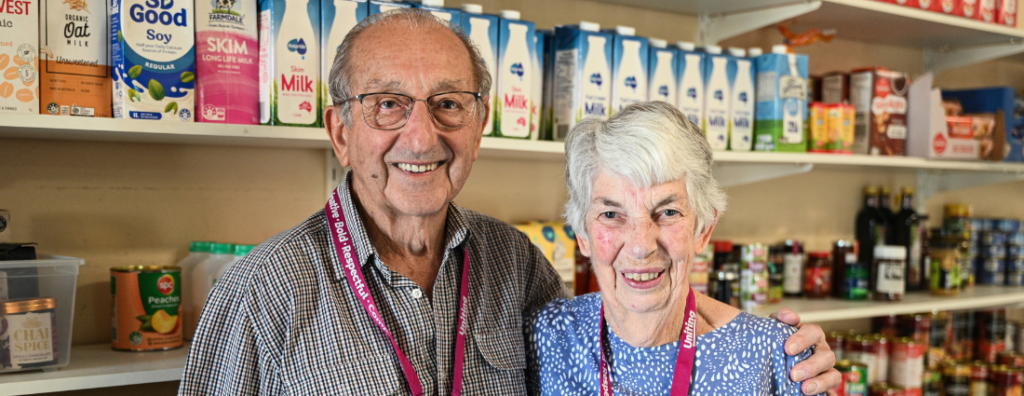The best answer to Victoria’s child protection crisis is early support for families.
Early intervention to help keep families with children together in Victoria will help stem the rising numbers of children in out-of-home care which has doubled in the past decade. This is the message from Uniting Vic.Tas Executive General Manager Operations Silvia Alberti in a column for this month’s Parity magazine.
“Children do not want to be removed from their family, but they want and need to be safe, cared for, and supported. Parents want to be able to care for their children and give them what they need but some parents need support to be able to do this.”
“There have been many reports on the child and family services systems…Behind every number quoted, every statistic mentioned in these reports, is a child. Behind them, a family. Every single one who matters, who is important and deserving of more care and the opportunity to thrive.
“In other Australian states and internationally, funding family services to support parents intensively and early when they most need help has made the most significant difference in reducing the number of children that are removed and placed in out-of-home care.”
Not your average childhood: Growing up in out-of-home care
In a column for this month’s Parity magazine, Barry* who has been in out-of-home care since 2018 bravely told his story to us and shared his experiences within Victoria’s child protection system.
“My family is as dysfunctional as the Gallagher’s from (the TV program) Shameless, but that doesn’t mean I want to forget my roots. Family remains family. My experiences have meant that neither of my parents were able to be responsible for me.”
“When (I was told) I was going to a residential care unit…I tried everything not to go (but) residential care has and always will be a big part of my life. It’s been crucial to my development (and) has made me the person I am today.
“(Residential care) has given me a temporary family (but) when the day comes that I move on, I don’t think I’ll be ready for it. I don’t know if I’ll ever be ready to be alone. It’s going to be a really hard day.”
Helping children with their transition into adulthood will change lives
Uniting Vic.Tas Manager Therapeutic Services Residential Care, Adela Homes, who has worked in child protection for almost five decades, says extending the age young people can remain in out-of-home care from 18 to 21 as part of the Home Stretch program and supporting their transition into adulthood will change lives.
“To achieve positive outcomes for young people, they must first be ready to be independent. They must have had an opportunity to trust safely, to live in a stable environment, heal past trauma, and understand what it means to co-exist with others. Unfortunately for young people in out-of-home care, this is rarely their experience.
“We have known for the past 25 years that adverse childhood experiences constitute a type of complex trauma and that the neurobiological impacts arising from experiences of abuse and extreme neglect cause persistent neurobiological, physiological, and psychological impacts.”
“Beginning with early intervention with at-risk families and cascading through out‑of‑home care, family reunification and leaving care, the care journey must reflect and respond to the individual needs of each young person.”






